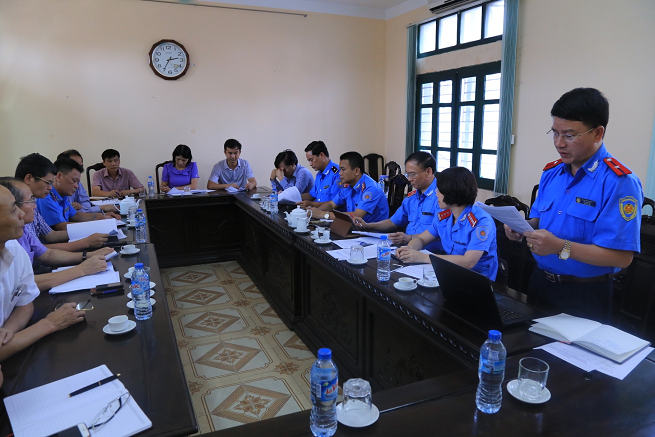Resolution 27/NQ-TW on the reform of salary policy for officials and public employees, armed forces, and workers in enterprises comes into effect from May 21, 2018.

Illustrative image
During the period from 2021 to 2025 and with a vision to 2030, for the business sector, the State periodically adjusts the regional minimum wage based on the recommendations of the National Wage Council. Enterprises shall implement wage policies through the bargaining and agreement between employers and employees, and the employees' collective representative; the State shall not directly intervene in the enterprises' wage policies.
Thus, according to this Resolution, from 2021, the State shall continue to periodically adjust the regional minimum wage for the business sector and will not directly interfere with the enterprises' wage policies.
Meanwhile, labor and wage management in state-owned enterprises shall be conducted by a method of wage cost contracting linked to the business production tasks of the enterprise until 2025, and towards assigning the business production tasks of the enterprise by 2030.
For the public sector, this Resolution emphasizes that new unified wage policies will apply to officials and public employees, and the armed forces across the entire political system. In 2021, the lowest wage of officials and public employees shall be equivalent to the average lowest wage of the regions in the business sector, and the wage level will periodically be increased in accordance with the consumer price index, economic growth rate, and the state budget capability.
By 2025, the lowest wage of officials and public employees shall be higher than the average lowest wage of the regions in the business sector.
By 2030, the lowest wage of officials and public employees shall be equal to or higher than the lowest wage of the highest region in the business sector.
Nguyen Trinh
 Article table of contents
Article table of contents
![[InfoGraphic] 6 forms of discipline for officials and public employees under Decree 71/2016/ND-CP](https://cdn.lawnet.vn//uploads/NewsThumbnail/2016/07/12/1319291-01.png)




.Medium.png)
.Medium.png)
.Medium.png)
.Medium.png)
